What to do when avoidance doesn’t work
Avoiding pain may seem like a good idea, but it can be more trouble than it's worth. So do we dive headlong into things instead? Not quite. That can get us into trouble too. Instead, we can learn to move towards things in a calm, kind way. This provides a sustainable, yet powerful, approach to transforming how we live.
If something is unpleasant, we tend to avoid it.
This is so obvious that it almost seems silly to say.
Sharp stick, hot stove, unpleasant feeling, scary situation. "No thanks. I'm out of here." In fact, it's so instinctive that we don't even think about it. Before you know it, you've pulled away and moved on to something else.
As a basic survival strategy it makes sense. Get away from the bad stuff, get more of the good stuff. Simple enough.
If only it worked.
Unfortunately, this strategy, useful for things like pointy objects or dangers lurking in the shadows, turns out to be less useful for other things. Especially things that are complex.
And it turns out that this way of trying to stay safe, however understandable, plays a big part in why we find it so hard to solve many of the problems we face.
Whether it is chronic anxiety, rampant self-criticism, lingering tension in a relationship, or a complex problem in the world that needs fixing, turning away from uncomfortable things keeps us locked into the same old patterns. Struggling like mad and wondering where we are going wrong.
So do we dive headlong into discomfort?
Not quite.
Yes, it can be helpful to approach uncomfortable experiences, whether they are internal things like thoughts and feelings, or external events and situations. But it doesn't help if we end up feeling overwhelmed or out of control. After all, if it were that easy to get a grip on things, we'd have done it by now.
So we need to be careful and approach things in the right way.
Here are 3 things that help.
1. Understand what you're doing (and why).
These days, with all the self-help info out there, it's easy to just dive into this sort of thing. I'm a fan of getting on with things, but figuring out what you're doing (at least in simple terms) will help you avoid getting stuck and lost. When in doubt, ask questions.
2. Build your resources.
While knowledge prepares us mentally, we can also prepare ourselves physically. If this were a journey in the external world, we might prepare clothes, food and drink. For an emotional journey like this, it means learning how to ground yourself and soothe your nervous system. Moving towards uncomfortable things is a bit uncomfortable (duh!), but if we know how to calm ourselves down, even just a little, we can do it without getting overwhelmed.
3. Take it easy with your expectations.
People like me who've found this sort of thing transformative can get a bit carried away with how powerful this approach is (sorry!) Our enthusiasm can be contagious. While this can be inspiring, it can also lead you to expect too much too soon. Yes, this stuff works. And no, it doesn't have to take forever. But starting small and slow will help you go faster and further in the long run.
Want to find out more?
Feel free to send me an email or schedule a free conversation about mindfulness coaching.
